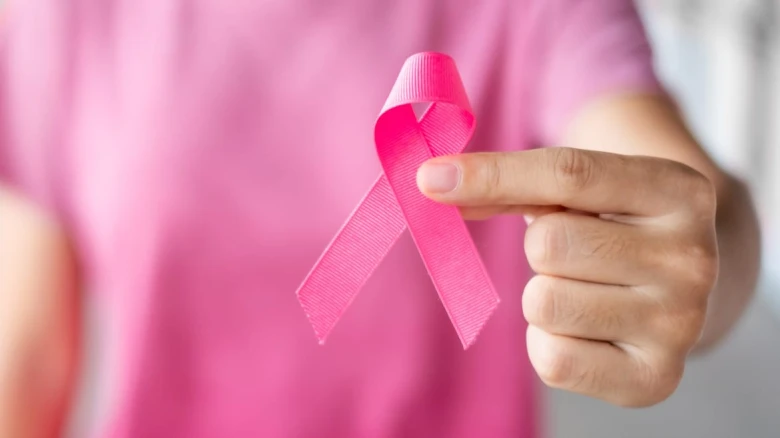Expert highlights the urgency of early detection and effective treatment strategies in light of increasing incidences of this disease...
Digital Desk: Breast cancer has emerged as the most prevalent cancer among women worldwide, a stark reality exemplified by the recent revelation from TV actress Hina Khan, who disclosed her diagnosis of stage 3 breast cancer on Instagram. An expert highlights the urgency of early detection and effective treatment strategies in light of increasing incidences of this disease, particularly in countries like India.
Age: A Universal Risk Factor
Unlike in the past, breast cancer now affects women across all age groups, challenging conventional perceptions. Young adults and elderly alike are susceptible, necessitating a reevaluation of how we approach risk factors. Recent trends show a rising number of diagnoses among younger women, calling for broader risk assessment strategies and prevention initiatives from an early age. Awareness campaigns are crucial in promoting regular screenings and healthy lifestyles.
Non-Modifiable and Modifiable Risk Factors
Certain risk factors for breast cancer, such as gender, age, and genetic predisposition (e.g., BRCA gene mutations), are beyond individual control. In contrast, lifestyle choices play a significant role in modifiable risk factors. Obesity, late childbirth or nulliparity, smoking, and excessive alcohol consumption increase susceptibility. Encouraging healthy habits—like maintaining a balanced diet, regular exercise, and avoiding smoking and alcohol—can mitigate these risks.
Breast Cancer in India: Urban Challenges
Urban India faces unique challenges regarding breast cancer, influenced by lifestyle factors such as diet, stress, and environmental pollution. High-stress levels among urban women, compounded by workplace demands and societal pressures, contribute to hormonal imbalances and weaken the immune system, heightening vulnerability. Additionally, exposure to air pollutants and industrial chemicals further elevates risk levels.
Addressing these factors requires comprehensive strategies: promoting healthy lifestyles, stricter pollution controls, improved screening access, and supportive healthcare environments.
Holistic Health Management: Beyond the Surface
Managing breast cancer risk demands a holistic approach encompassing diet, stress management, and environmental factors alongside physical fitness. It emphasizes overall well-being rather than mere outward appearances.
Awareness and Education: Key to Prevention
Educational initiatives are pivotal in empowering women with knowledge about breast cancer risk factors, symptoms, and screening guidelines. By fostering proactive health-seeking behaviors, these campaigns facilitate early detection and timely intervention, crucial in improving treatment outcomes.
Breast cancer remains a global health challenge, necessitating a concerted effort to understand and mitigate risk factors. Through awareness, education, and proactive health management, we can strive for fewer cases and improved outcomes. Comprehensive strategies—ranging from lifestyle adjustments to environmental consciousness—are essential in this endeavor.
Combating breast cancer demands a multifaceted approach. By prioritizing awareness, education, and proactive health management, we can significantly reduce its impact and enhance the well-being of women worldwide. It is through these concerted efforts that we pave the way towards a future where breast cancer ceases to be a pervasive threat.

Leave A Comment